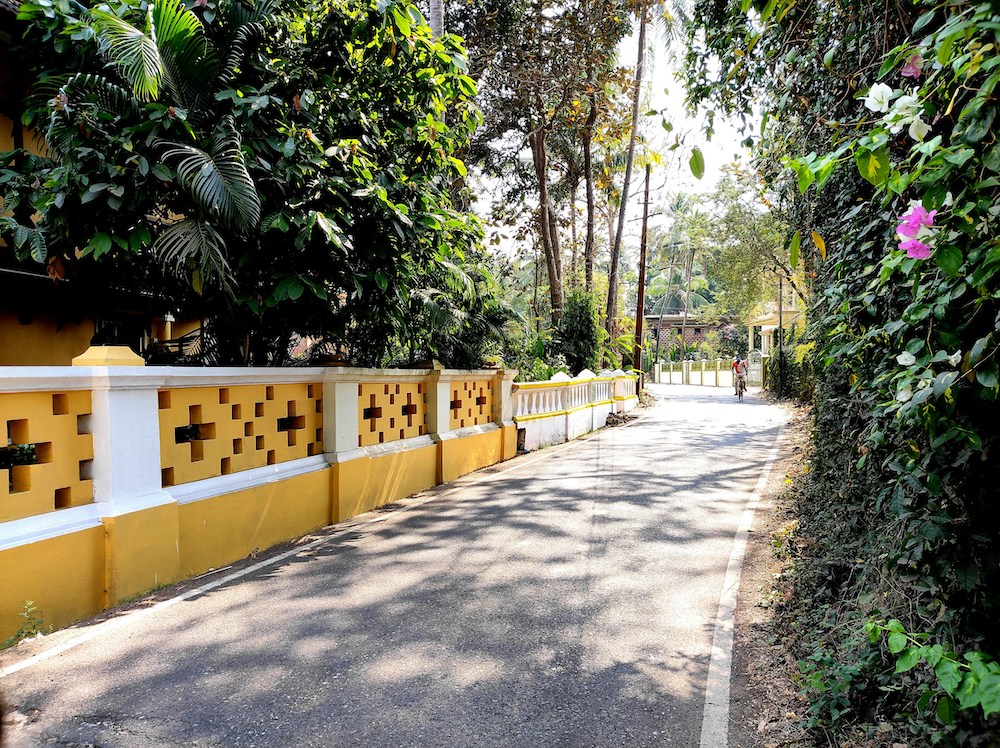A Community-led Livelihood Intervention to Overcome Human Sex Trafficking in India

Funded by HTRI and in collaboration with The Praxis Institute for Participatory Practices, researchers conducted an exploratory study to design a randomized evaluation of a program for young women to build their skills and confidence, promote agency and decision-making, and provide them with educational and skills-building opportunities to expand their livelihood options.
Almost 20 percent of victims of human trafficking globally are sexually exploited (ILO and Walk Free Foundation 2017). In India’s sex industry, many young women and girls come from impoverished, low-caste communities, including Nomadic, Semi-Nomadic, and Denotified tribes. They can often be trafficked at a young age, making it difficult for them to choose to leave the sex industry and find different livelihood options. The Praxis Institute for Participatory Practices, a social development organization based in India, has implemented an intervention program for young women to build their skills and confidence, promote agency and decision-making, and provide them with educational and skills-building opportunities to expand their livelihood options.
Funded by HTRI and in collaboration with The Praxis Institute for Participatory Practices, researchers conducted an exploratory study to design a randomized evaluation of the intervention program for young women. Specifically, they assessed the feasibility and acceptability of an evaluation aimed at measuring whether the program increases their skills and confidence, agency and decision-making, and educational and skills-building opportunities.
Results are forthcoming.
Implementing Partner













